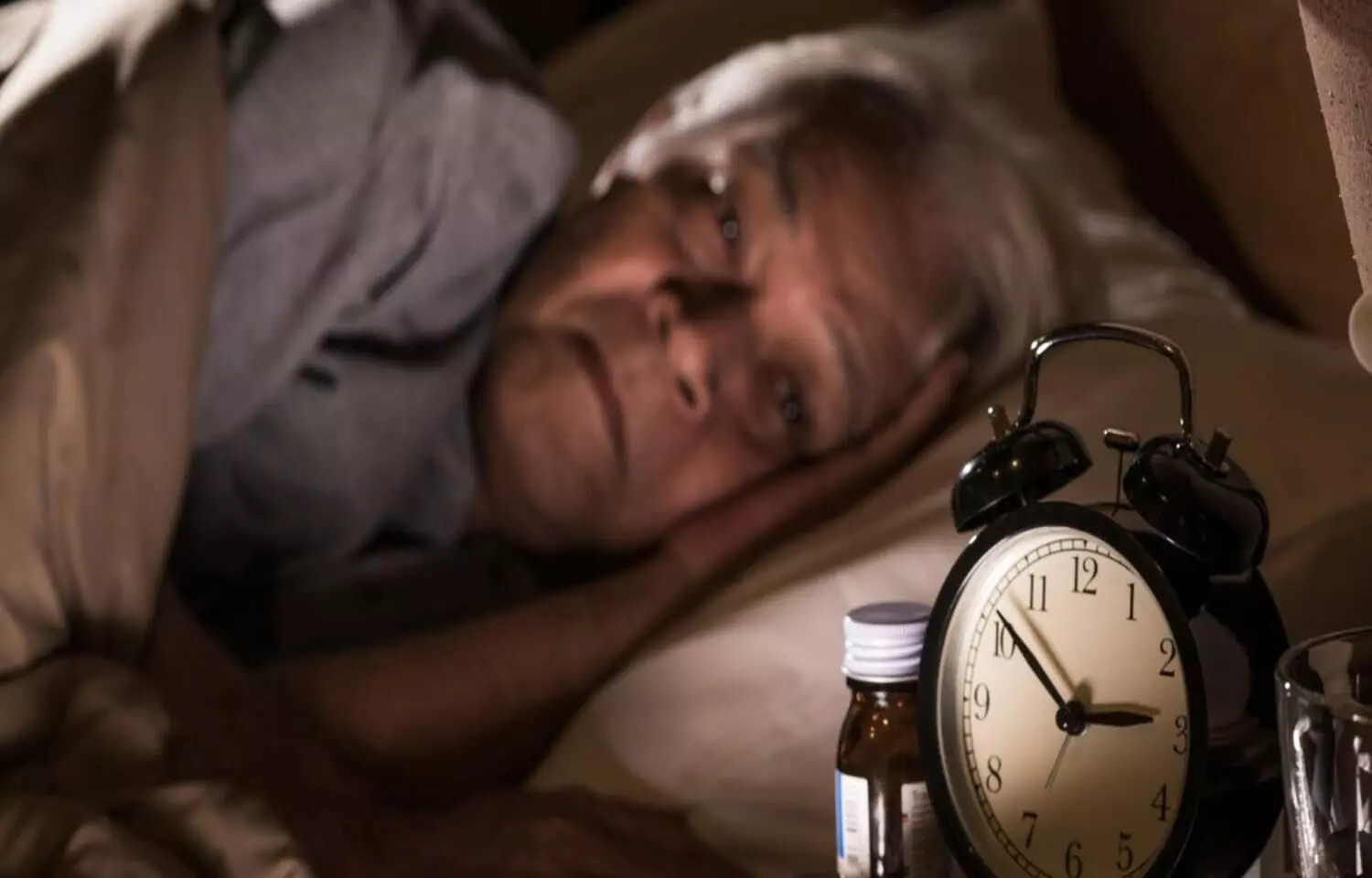Endotoxin-Induced Inflammation Worsens Depressive Symptoms in Older Adults with Insomnia: JAMA

A new randomized clinical trial published in JAMA Psychiatry reveals that older adults with insomnia are significantly more vulnerable to depressive mood symptoms following inflammatory exposure than those without insomnia.
The study enrolled 160 nondepressed participants aged 60 and older, split into two groups based on insomnia diagnosis. Participants were randomized to receive either endotoxin (to induce inflammation) or placebo. Researchers then tracked changes in mood using the Profiles of Mood States depression subscale (POMS-D), along with secondary measures of depressive symptoms and inflammatory cytokine levels. Results were striking. Compared to controls, participants with insomnia who received endotoxin showed a 3-fold greater increase in depressive mood (interaction F₁₀,₁₄₇₈ = 4.7; P < .001). These effects persisted longer and were clinically meaningful. Interestingly, both insomnia and control groups had similar rises in cytokines, but only the insomnia group showed a link between inflammation and mood changes (β = 0.33; 95% CI, 0.26–0.41; P < .001). These findings highlight how insomnia may amplify emotional responses to inflammation, even in the absence of clinical depression. Researchers recommend close monitoring of depressive symptoms in older adults with insomnia during infections or other pro-inflammatory events. Prevention strategies that address both sleep dysfunction and inflammation-related risk are crucial.
Keywords: insomnia, older adults, inflammation, depression, cytokines, endotoxin, mood, POMS-D, randomized clinical trial, JAMA Psychiatry, Irwin MR, Boyle CC, Cho JH



